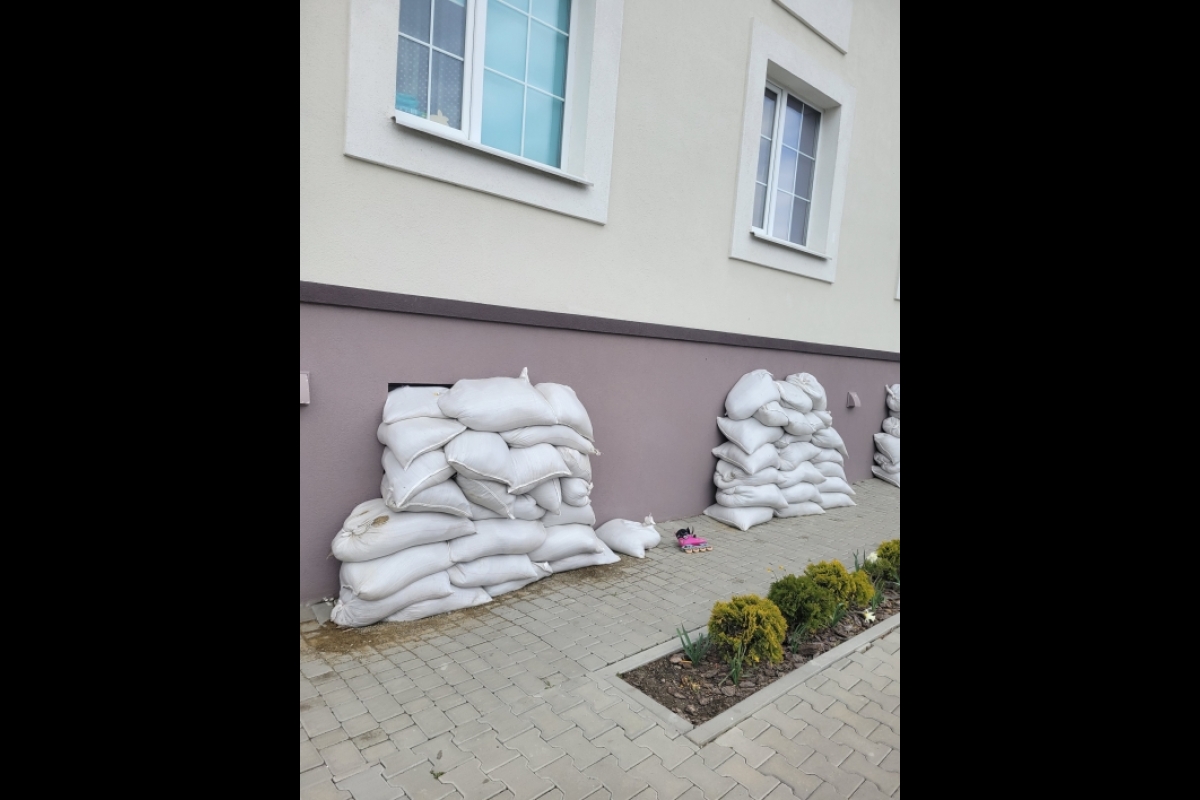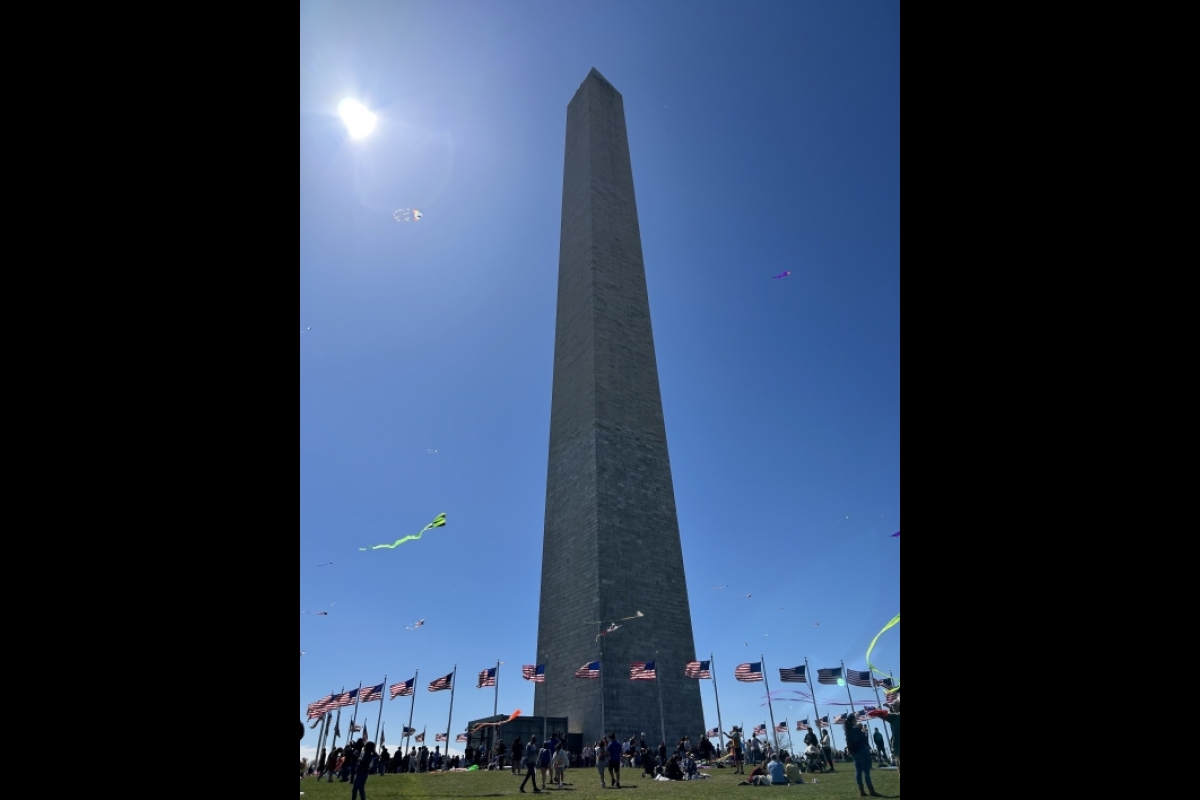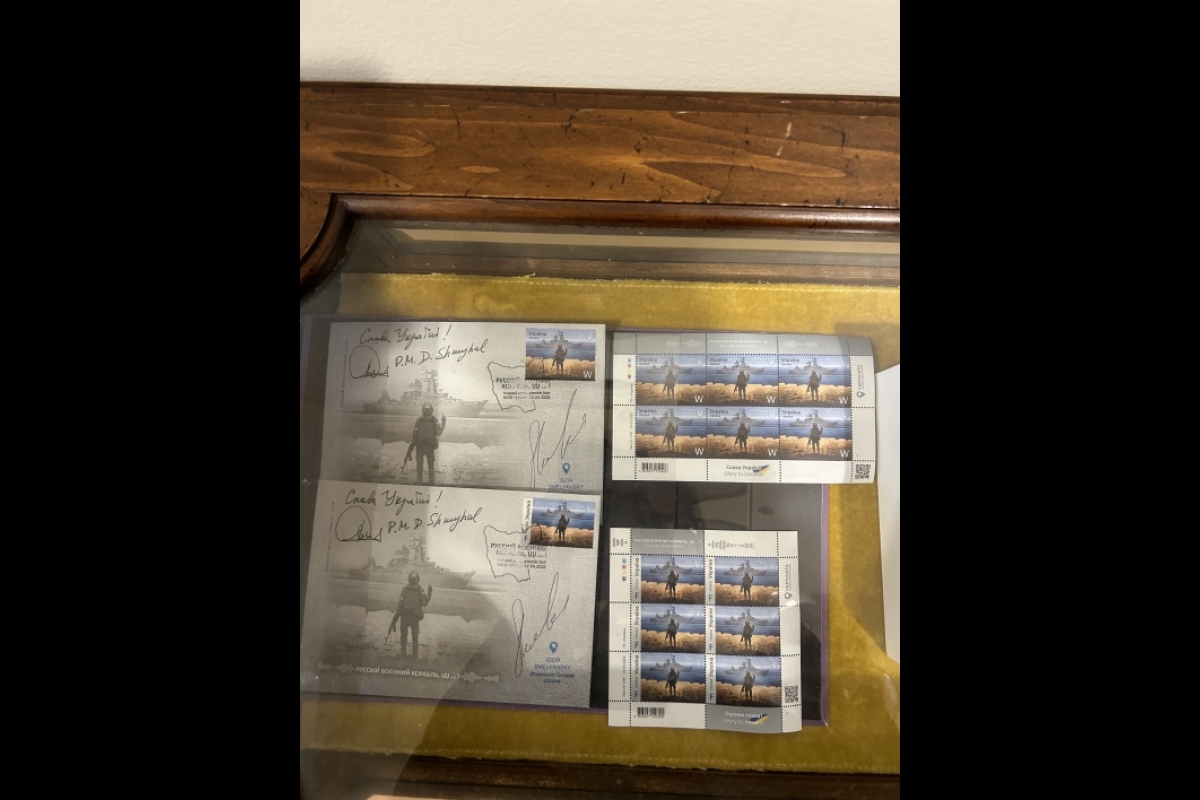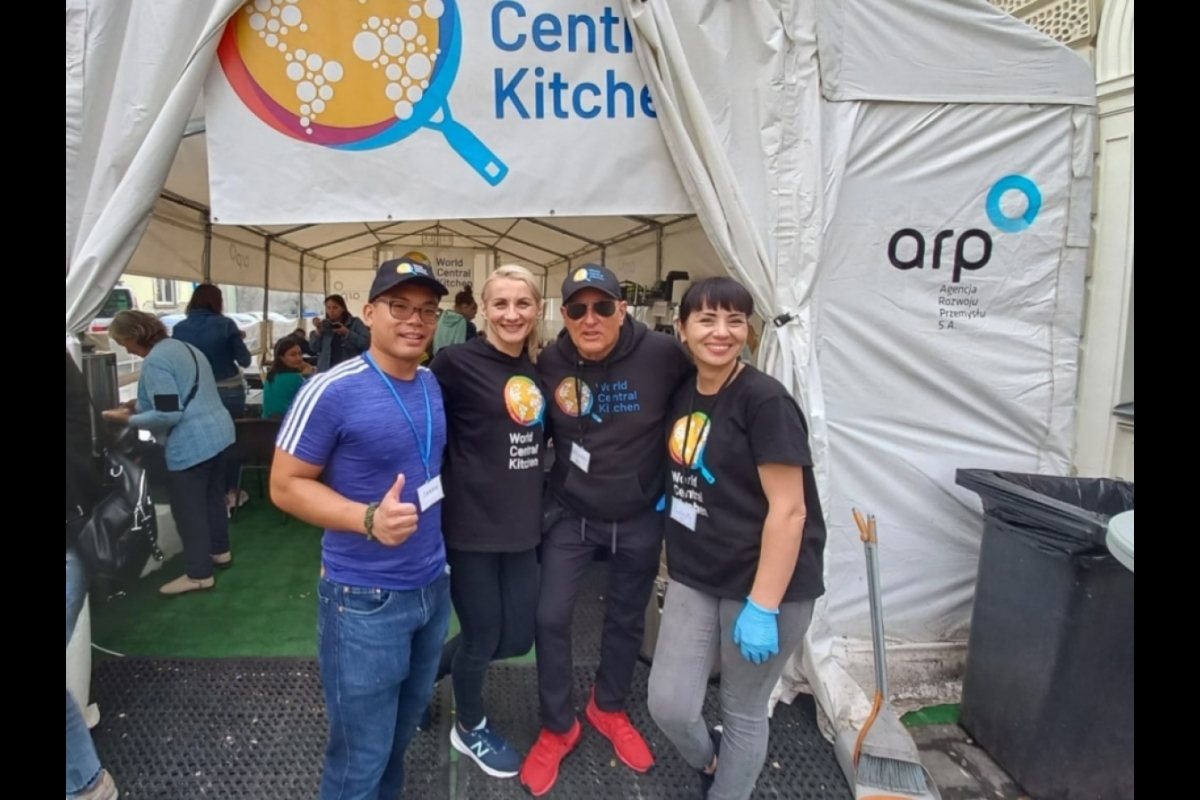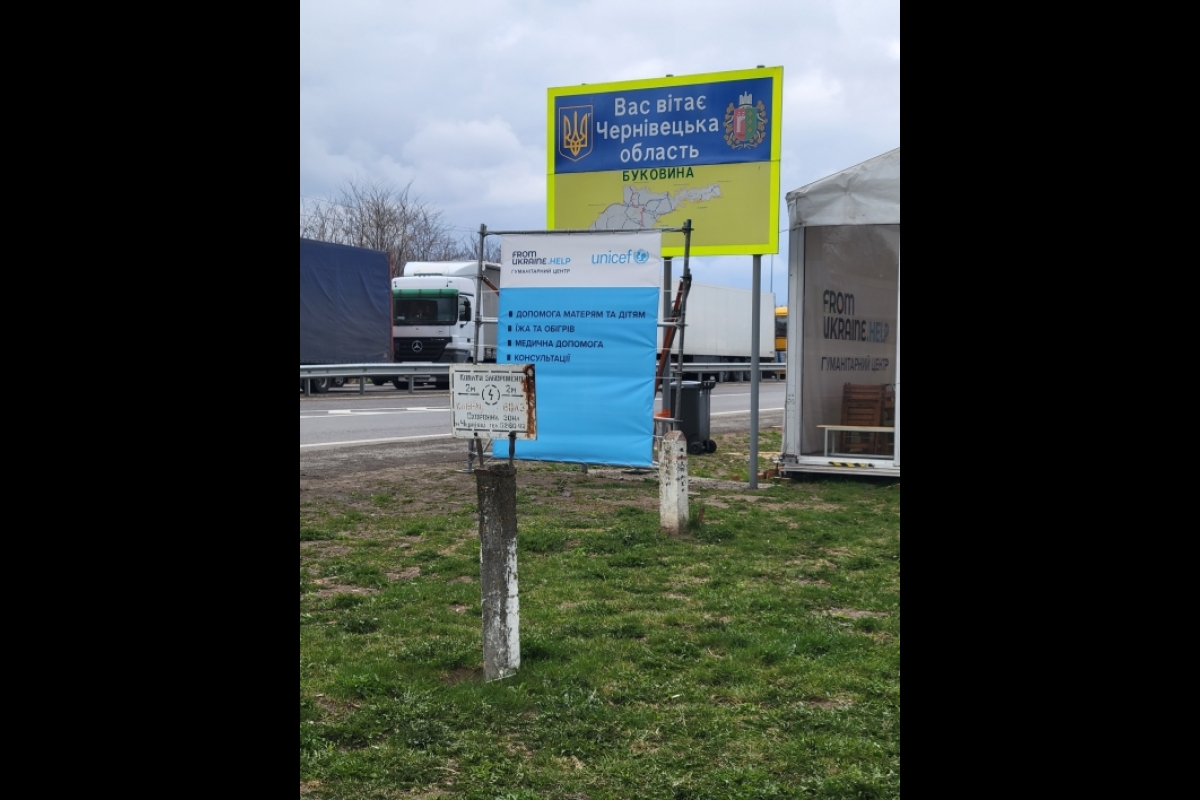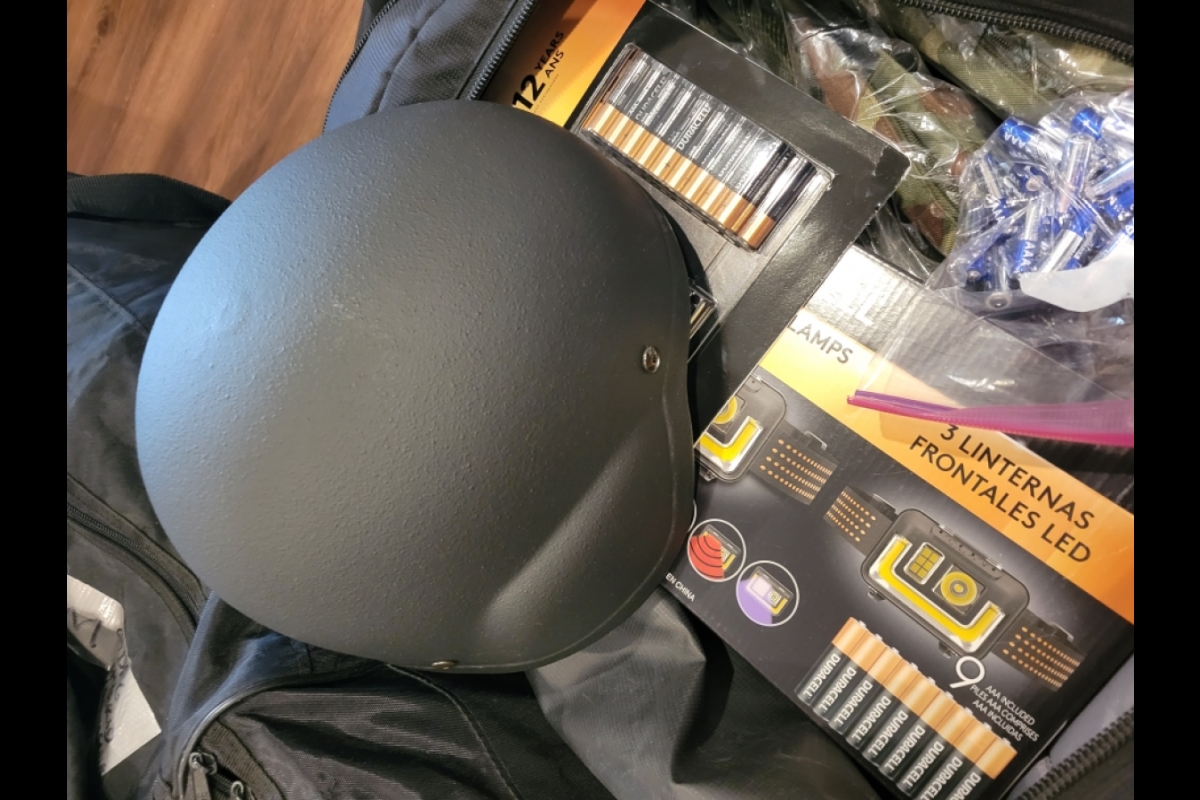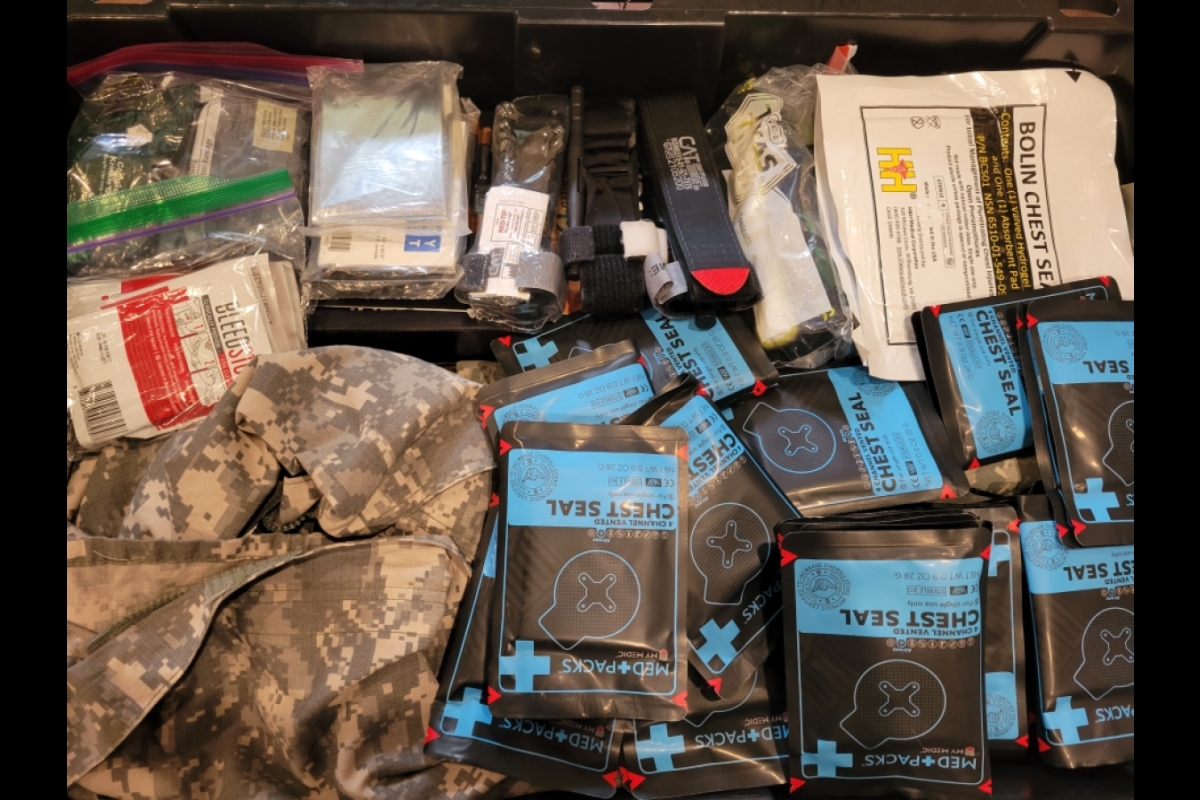From humanitarian work to government internship, ASU student makes a difference for Ukraine

Jarrod Rodriguez
Last year, as the war in Ukraine erupted, Russian major Jarrod Rodriguez was determined to help in an impactful and hands-on way.
With the help of Arizona State University Associate Professor of Russian Hilde Hoogenboom and her network of alumni, he was connected to a group that was planning humanitarian work in Ukraine. Rodriguez traveled with them to the war-torn country, where he helped to transport supplies. This experience helped him to secure a prestigious internship with the U.S. Department of State working in Eastern European affairs.
In Ukraine, Jarrod’s made sure much-needed supplies arrived at the appropriate destinations in a timely manner. He said the country was receiving aid, but a combination of corruption, thieves and bureaucracy often prevented the supplies from seamlessly reaching their destination.
According to Rodriguez, one of the most challenging parts of the work was figuring out the logistics of the operations.
“There were international laws that restricted the transport of certain items through certain countries, so we ended up having to enter Ukraine through Romania in order to circumvent customs regulations," Rodriguez explained.
He didn't always have the passion and knowledge about Eastern European affairs. His interest was first piqued when he decided to take Russian to fulfill the language requirement of his associate degree. He chose Russian since many people in the area where he lived and went to school were Slavic. As his classes progressed, he began to learn more about the geopolitical sphere given the interconnected nature of language and geopolitics.
As member of the Army Reserve who served three years of active duty, Rodriguez had always been interested in intelligence. However, after his involvement in humanitarian efforts, his perspective and interests shifted.
"(Going to Ukraine) opened up my eyes to the fact that there’s this whole other world out there besides just learning stuff in the classroom,” Rodriguez said.
When thinking about the paths he could take with a degree in Russian that would also allow him to make a meaningful contribution to society, Rodriguez kept coming back to the U.S. State Department. He was attracted to the fact that the agency helps defend America in a different way than the military and other three-letter agencies — it helps to defend democratic values and helps America to “fortify its relationships with other countries and helps those countries develop as well.” So, he decided to apply.
The prestigious internship provides hands-on experience in foreign affairs and diplomacy and helps to cultivate skills highly valued by employers in various fields. Rodriguez did not expect to be chosen for the highly competitive opportunity, so when he received the news that he had been selected, he was flabbergasted.
He took the spring semester off and embarked on work for the Department of State’s Bureau of European and Eurasian Affairs in the Eastern European office.
After completing the role, Rodriguez said it was, in one word, “hectic.” The accomplishment he’s most proud of from his internship is contributing to successfully putting together an argument in favor of extending temporary protection status for Ukrainian refugees through October.
To other students at ASU, there are two main things he wants them to know: First, he thinks learning a language is valuable for any student because it opens your eyes to different cultures and cultivates a variety of transferable skills.
“Whether it be one class in the School of International Letters and Cultures or a cultural club, it will give you a leg up in communicating and building relationships with people from different cultures.”
Second, being selected for this internship is an attainable goal and an incredible opportunity, no matter what your area of study is.
“The State Department wants diversity — not just ethnic diversity, but people from different sections of America," Rodriguez said. "They want an accurate cross-section of the nation. Even if international relations is not your main goal, you will meet all kinds of people who may or may not be able to help you later down the road.”
For those who are considering applying, he recommends that they participate on campus in a way that shows they care about the community.
"Although it was emotionally intense at times, it was an honor to actually contribute to assisting Ukraine while supporting American interests," Rodriguez reflected. "I personally wish the best for Ukraine and the world in general. I hope that the war ends soon and that effective recovery occurs with Russia respecting Ukraine's borders and reforming its own internal government.”
More Law, journalism and politics
Can elections results be counted quickly yet reliably?
Election results that are released as quickly as the public demands but are reliable enough to earn wide acceptance may not…
Spring break trip to Hawaiʻi provides insight into Indigenous law
A group of Arizona State University law students spent a week in Hawaiʻi for spring break. And while they did take in some of the…

LA journalists and officials gather to connect and salute fire coverage
Recognition of Los Angeles-area media coverage of the region’s January wildfires was the primary message as hundreds gathered at…


